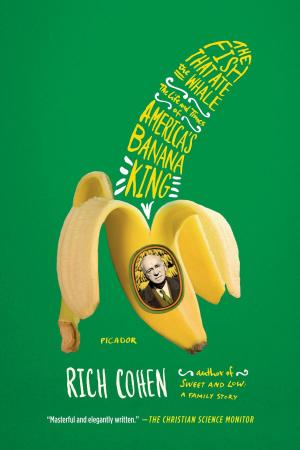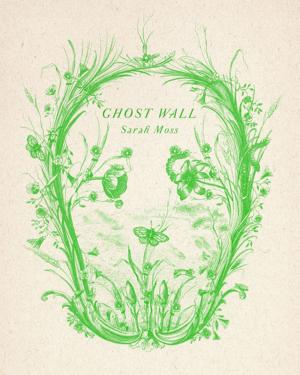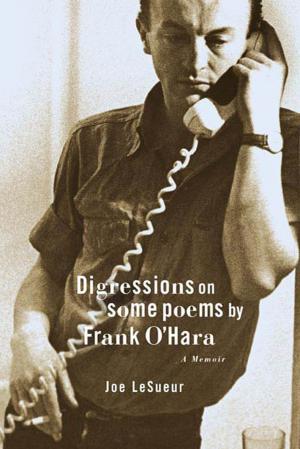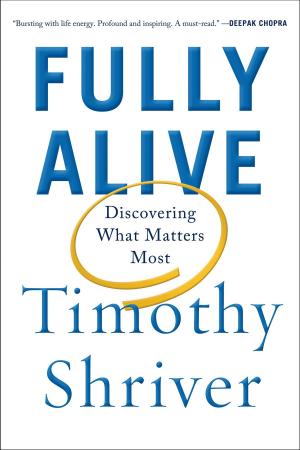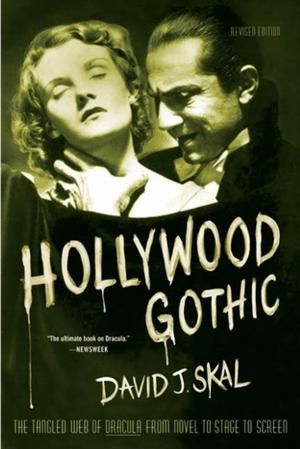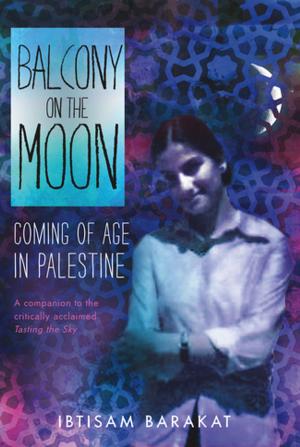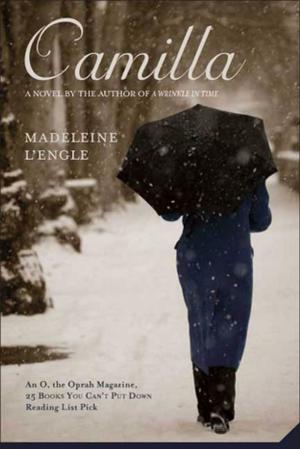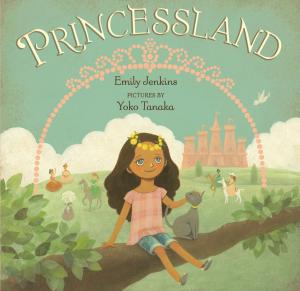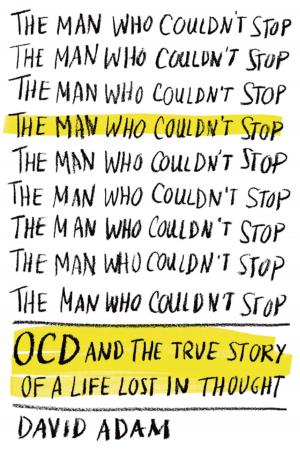| Author: | Franco Moretti | ISBN: | 9780374718077 |
| Publisher: | Farrar, Straus and Giroux | Publication: | March 19, 2019 |
| Imprint: | Farrar, Straus and Giroux | Language: | English |
| Author: | Franco Moretti |
| ISBN: | 9780374718077 |
| Publisher: | Farrar, Straus and Giroux |
| Publication: | March 19, 2019 |
| Imprint: | Farrar, Straus and Giroux |
| Language: | English |
The influential and controversial critic takes literary history out of the classroom and into the public
In the field of literary history and theory, Franco Moretti is synonymous with innovation. The cofounder of the Stanford Literary Lab, he brought quantitative methods into the study of the novel, enabling a “distant” reading that uses computation to analyze literary production over centuries. But at the same time, he was also teaching undergraduates the history of literature. Knowing Moretti, it’s no surprise that he didn’t teach the course the accepted way: one author after another, in a long uninterrupted chain. Instead, he put an irregular chessboard in front of his students that was too strange to be taken for granted. Literary history had become a problem, and he offered a solution.
In Far Country, Moretti take these lectures out of the classroom and lets us share in the passion and excitement that comes from radical critique. Unconstrained by genre, Moretti juxtaposes Whitman and Baudelaire, the Western and film noir, even Rembrandt and Warhol, illuminating each through their opposition. With his guidance, we revel in the process of transformation—the earthquakes that shook the “how” of artistic form—and begin to shape a new view on American culture.
Bracing in its insight and provocative in its conclusions, Far Country is a critical look at the development of American cultural hegemony.
The influential and controversial critic takes literary history out of the classroom and into the public
In the field of literary history and theory, Franco Moretti is synonymous with innovation. The cofounder of the Stanford Literary Lab, he brought quantitative methods into the study of the novel, enabling a “distant” reading that uses computation to analyze literary production over centuries. But at the same time, he was also teaching undergraduates the history of literature. Knowing Moretti, it’s no surprise that he didn’t teach the course the accepted way: one author after another, in a long uninterrupted chain. Instead, he put an irregular chessboard in front of his students that was too strange to be taken for granted. Literary history had become a problem, and he offered a solution.
In Far Country, Moretti take these lectures out of the classroom and lets us share in the passion and excitement that comes from radical critique. Unconstrained by genre, Moretti juxtaposes Whitman and Baudelaire, the Western and film noir, even Rembrandt and Warhol, illuminating each through their opposition. With his guidance, we revel in the process of transformation—the earthquakes that shook the “how” of artistic form—and begin to shape a new view on American culture.
Bracing in its insight and provocative in its conclusions, Far Country is a critical look at the development of American cultural hegemony.

